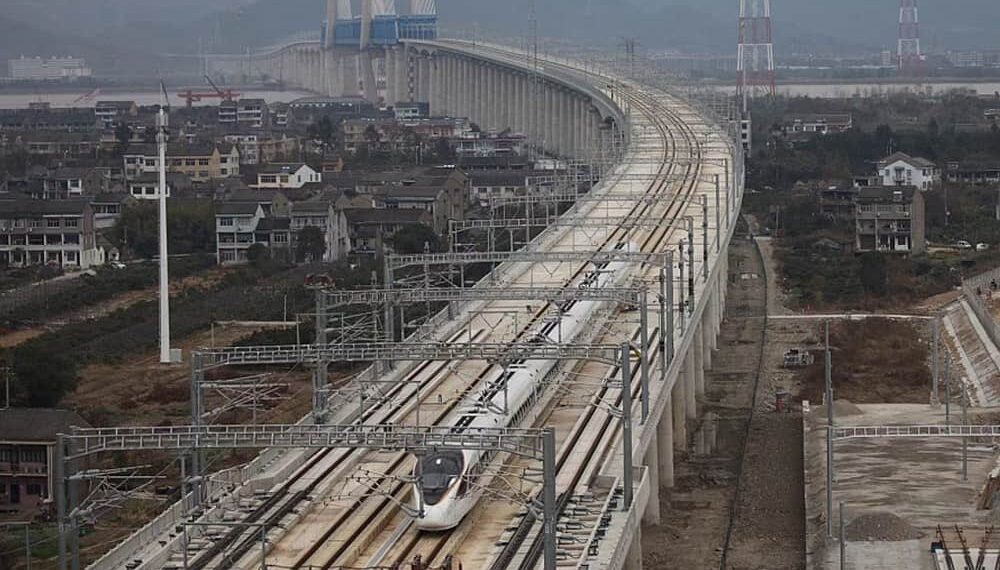January 8 marks a big day in China’s railway history when Hangzhou-Taizhou railway began official operation in east China’s Zhejiang Province, as the country’s first high-speed railway founded and held by a public-private partnership.
The rail line connects 3 major cities – provincial capital Hangzhou, and Shaoxing and Taizhou, bringing much convenience for local residents after four years of construction.
With nine stops, the 266-kilometer line inter-connects to the railway network in east China’s Yangtze River Delta region.
Railway construction in China is usually managed by the government, due to its vital role in economic development. This railway in Zhejiang is one of the country’s first batch of eight demonstration projects funded by a public-private partnership.
The railway costs around 4.4 billion yuan ($691 million), with 51 percent funded by a group of eight private companies led by Fosun Group.
This new railway is expected to boost regional tourism and economic growth. Experts say it has become a groundbreaking move in China’s railway investment and financing reform.


































